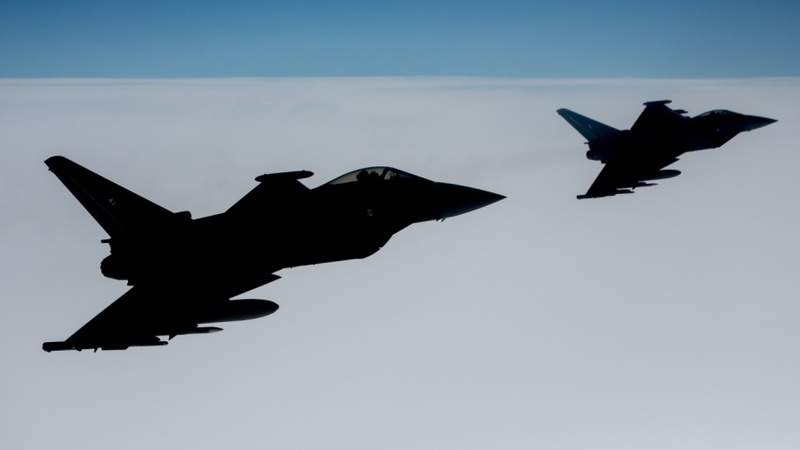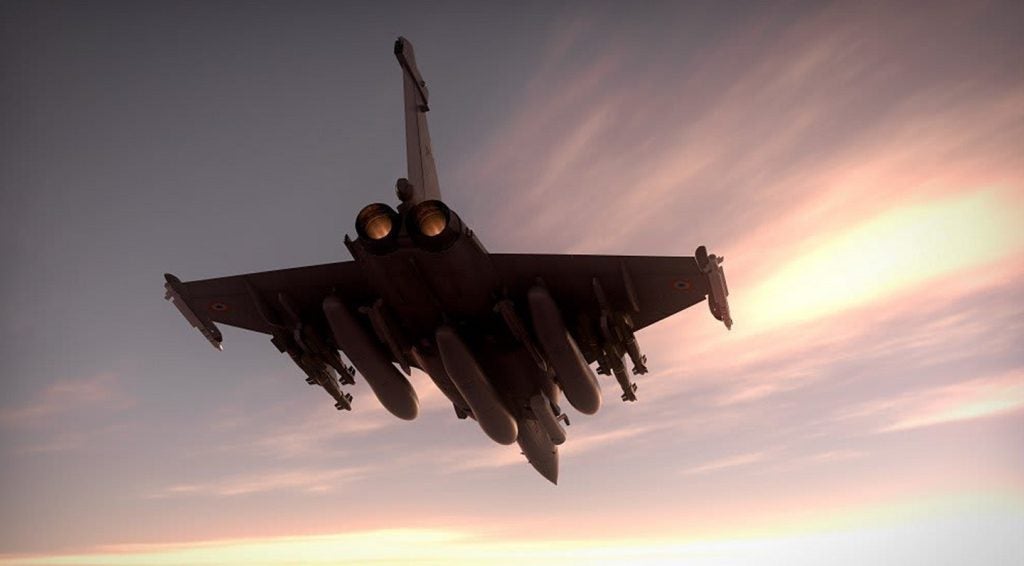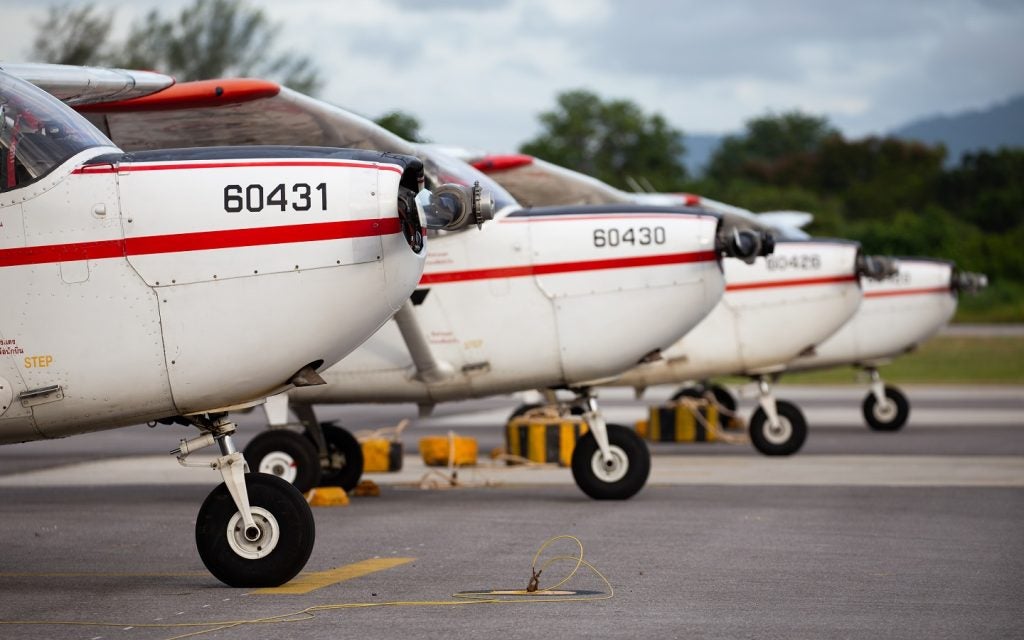
Nato fighter aircraft conducting the Baltic Air Policing mission were scrambled four times from 20-26 November, after Russian military aircraft flew near international airspace over the Baltic Sea.
Three Su-30s were intercepted by Nato aircraft on 23 November whilst flying from Kaliningrad to mainland Russia without flight plans.
These aircraft maintained radio contact with the regional air traffic control centre without using their on-board transponders.
The Nato aircraft identified and escorted one Il-76 and two Su-27s on 23 November, which were flying from mainland Russia to Kaliningrad.
The Il-76 with an on-board transponder had a flight plan and maintained radio contact, while SU-27s complied with none of these requirements.
An AN-26, with a switched-off on-board transponder, flying from mainland Russia to Kaliningrad was also intercepted.
How well do you really know your competitors?
Access the most comprehensive Company Profiles on the market, powered by GlobalData. Save hours of research. Gain competitive edge.

Thank you!
Your download email will arrive shortly
Not ready to buy yet? Download a free sample
We are confident about the unique quality of our Company Profiles. However, we want you to make the most beneficial decision for your business, so we offer a free sample that you can download by submitting the below form
By GlobalDataNato fighters were also scrambled on 24 November to intercept one Il-76 and two SU-27s, which were on their way to mainland Russia from Kaliningrad.
The Nato air policing peacetime collective defence mission is aimed at protecting the Nato Alliance Member’s airspace and is carried out under the Nato Integrated Air and Missile Defence System (NATINAMDS).
Air Surveillance and Control System (ASACS), Air Command and Control and Quick Reaction Air (Intercept) (QRA(I)) fast jets are used in the air policing mission.
Nato scrambles aircraft to respond to military and civilian aircraft in distress or that do not follow international flight regulations and approach Allies’ airspace.







